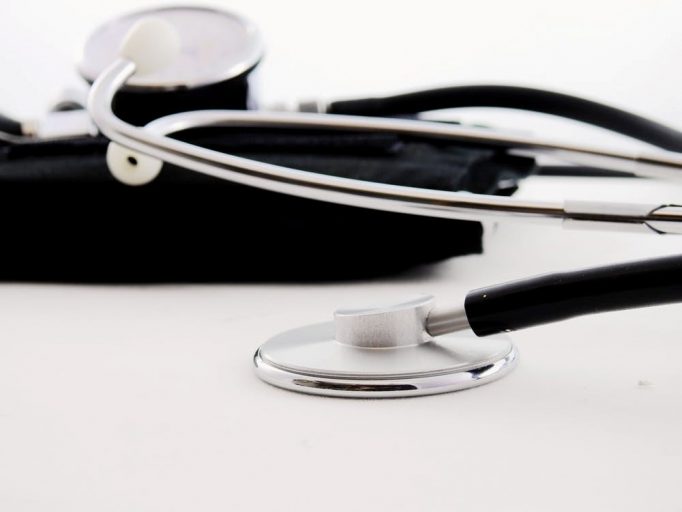
When talking about your end of life plans, it’s not uncommon to hear someone suggest that they would like to leave their body to medical science. In fact, research by Dying Matters suggests that as many as 82% of people in the UK would like to or would at least consider the idea. But what does this entail, how does the process work and who does it ultimately benefit?
Body Donation
Donating your body, brain and tissue to medical research is a noble thing to do. A donated body can serve a number of functions that can greatly benefit others.
First of all, it can play an important role in the future of our healthcare industry, allowing students and professionals to study the anatomy and function of the human body. It can help in the scientific studies of researchers looking for answers to medical problems and can also be useful in training to carry out complicated medical procedures.
Anyone can donate their body; to do so they need to contact a medical school and provide a consent form which gives consent for anatomical examination. A copy will be kept by the medical school and you will need to keep one together with your will, as well as informing close friends, family and your GP so that they are not surprised about your decision.
It’s also important to have some back up options in place should the medical school be unable to take your body for any reason. A body might be rejected if the body has been left for more than 6 days, if there are infections which could be contagious, if a post-mortem has had to be carried out, if there has been recent surgery, or if organs have already been donated. Sometimes medical schools may also be unable to take body donations over public holidays such as the Christmas holidays when they may be short staffed.
Typically, you can only donate your body to a nearby medical school as the transport costs can add up. However, you may be able to arrange otherwise if you are willing to bear the costs from your own estate. You must inform the medical school if you decide to move away from the area, so that alternative arrangements can be made.
It’s not unusual to have worries about what will happen to your body, however the medical school or organisation involved in the removal, storage and use of your body will be regulated by the Human Tissue Authority, so you know that everything is being handled appropriately and with care.
If you are interested in donating your body to medical research you can find more information here.
For more information about other issues concerning what to do following the death of a loved one, click here to read our article.
